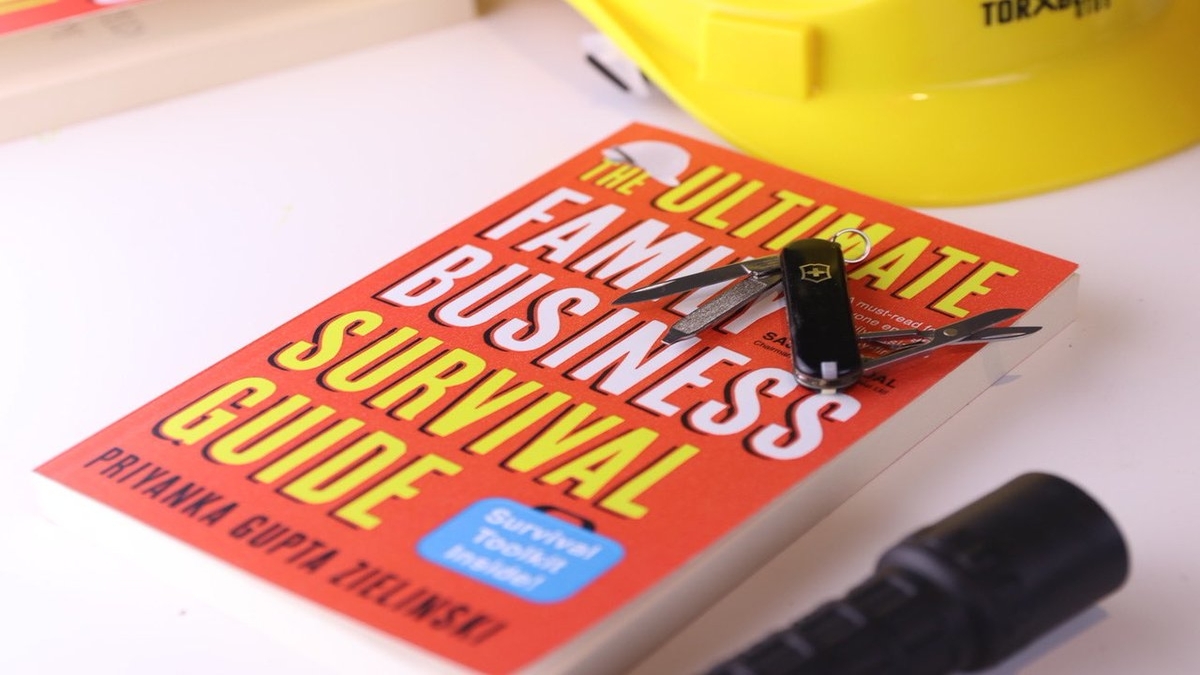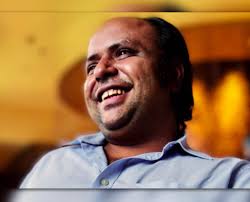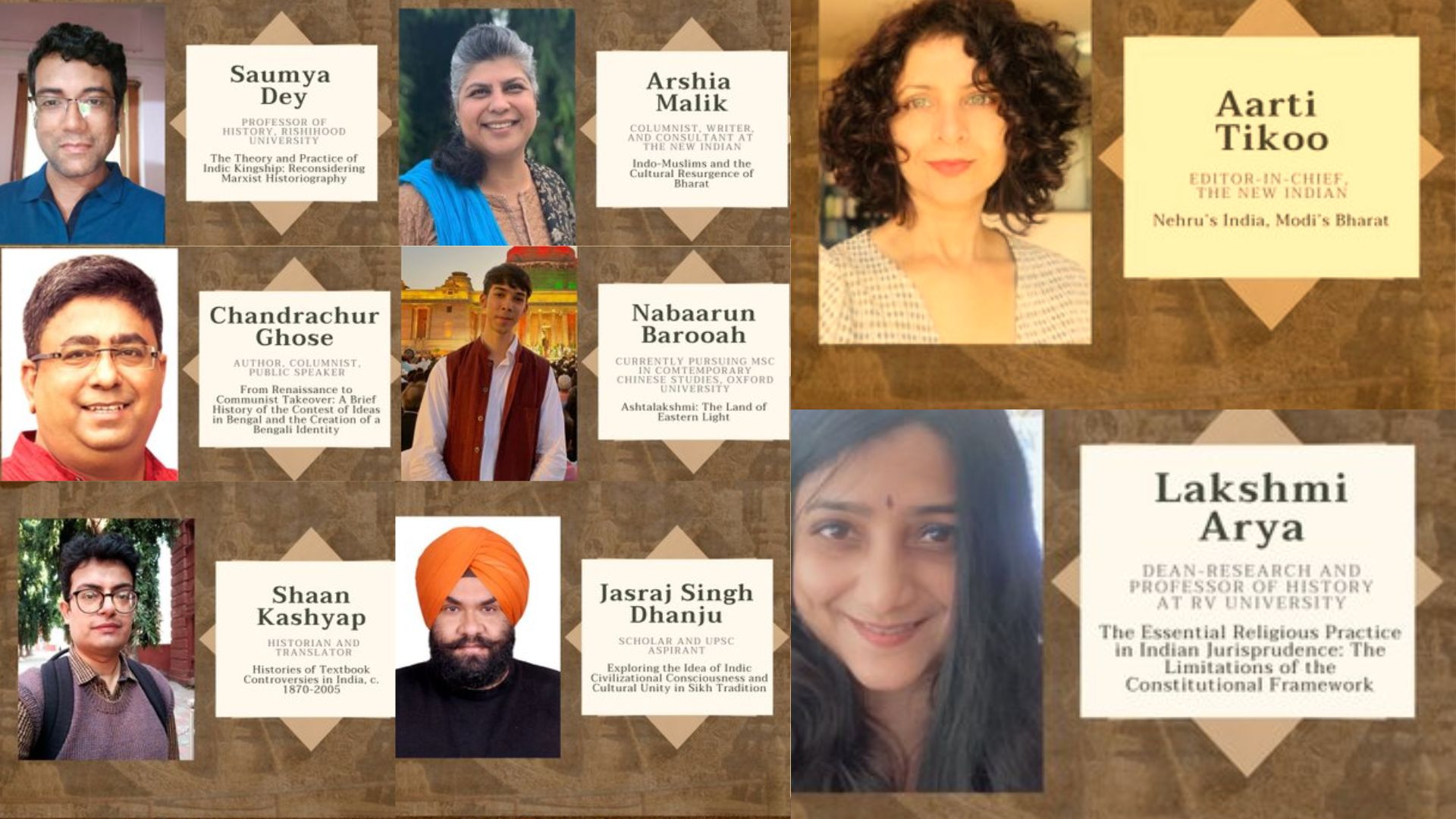In her new book, Priyanka Gupta Zielinski shares a five-point toolkit to encourage younger generations wishing to enter their family businesses.
In an interview with The Sunday Guardian, Priyanka Gupta Zielinski, the executive director of MPIL Steel Structures Ltd and author of The Ultimate Family Business Survival Guide, shared her insights about the challenges and privileges of family businesses and how younger generations can be more passionate about them. Excerpts:
Q: What inspired you to write this book?
A: I joined my family business right after completing my education in the US. Quickly, I realised that it was incredibly challenging to work with my own family, especially my father. When the founding generation is still involved in the business, it is still their baby. So while they are very keen to bring in their children, they are not always prepared to do so. At home, we talked about the business all the time, but in the workplace, there are a lot of tensions and conflicts. I had almost reached the breaking point and thought I would have to quit. But I managed to survive, which is why I wrote this book. Younger generations joining family businesses often need a guide or story to rely on.
Q: What are some major lessons you wish to pass on to younger generations and women who may consider joining their family businesses?
A: Family businesses are a huge resource that they should leverage. They may use it to branch out and bring in their own interests and passions, even steer it in a different direction. The resources already exist and they don’t have to start from scratch. There is a legacy of information which should be taken forward instead of losing it. There is also a lot they can learn from their background. Despite our business moving to the southern and western parts of India, my father draws from a lot of Haryanvi wisdom to work with greater agility and troubleshoot problems. Every state and culture in India has so much to offer and one does not need to look only at Western knowledge — it might actually not be suitable for Indian contexts.
For women, family businesses are an immediate platform and resource to tap into. There is a certain flexibility available to them, regarding when and how they enter it. It is an automatic launchpad, which they can then tailor according to their interests and capabilities and personalities. A woman in her 50s, who has seen the family business, will have a much easier time starting her career there, rather than in a different corporate setup. It caters to young women too. Daughters-in-law joining a family business have a good two-way opportunity, which does not disrupt their careers despite the move from their parents’ to their in-laws. There is support they can enjoy.
Q: But such support is a major point of privilege and this throws up questions of how family businesses encourage nepotism.
A: That is a frequent charge against family businesses and the perception is right in a way since there are privileges and things are handed down. But, say in my case, my brother and I grew up hearing about the business, visiting the workplace, understanding it and being groomed unknowingly. And we really wanted to join it too! In this context, there is also the ‘professional nepot’, as defined by Prof John Davis who is a pioneer in family business management. But if one is neither trained nor interested, it can have an adverse effect on the business and surely a non-family member can do the job better. So, it depends from family to family too. However, family members may be more suited to handle certain situations, especially diffuse tension at work. And there is an element of legacy and longevity associated with them, which tells shareholders that they can count on the business.
Q: Given the fluctuations in the economy due to the pandemic, how can your book help family businesses right now?
A: My book presents a practical, usable toolkit for younger generations, especially for times of scarcity and unpredictable situations like now. Family businesses are used to working against all odds. They have inherent skillsets. With this, I have drawn from my experiences and from academic research to give them five tools they can use. For instance, the metaphor of the multipurpose helmet I have used to show how you have to take on different roles in different situations. The book also tells them to be passionate about things outside of work and learn how to incorporate those.












